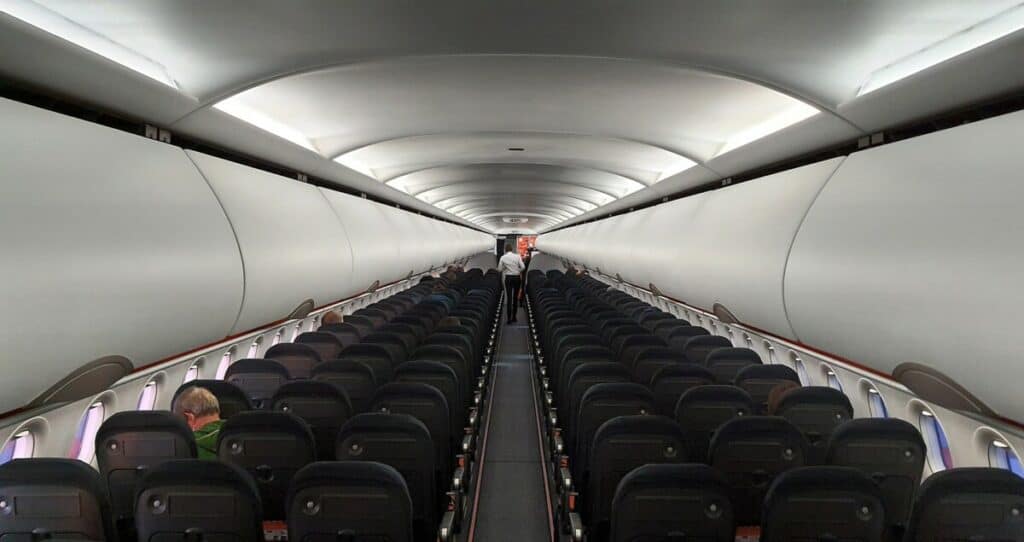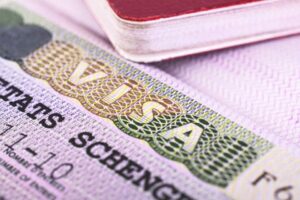The European Commission has approved €39.7 million to be given to the Riga International Airport in order to recapitalize it after major losses incurred in 2020 and so far in 2021, according to an announcement published by the Commission.
The airport, which is completely owned by the Latvian state, incurred extremely heavy losses due to “the travel restrictions that Latvia and other countries had to impose” to limit the spread of COVID-19.
The breakup and allocation of the funds, according to the announcement, are as follows:
- €35.2 million capital injection, which is essentially stimulus money.
- €4.5 million waived dividend payment for the 2019 financial year, which would have been a payment made to shareholders (mainly the Latvian state) based on the airport’s net profits from 2019.
It is unclear why the Latvian government and the Commission are waiving a defaulted dividend payment for 2019, before the COVID-19 crisis had any large negative or widespread economic ramifications.
Despite the lack of continuity, officials are still concerned with losses incurred on businesses like airports, especially ones that are owned by governments, and the economic losses incurred on them because of the travel restrictions that governments put in place and have refused to relax.
“Airports are among the companies that have been hit particularly hard by the coronavirus outbreak. With this measure, Latvia will contribute up to €39.7 million to reinforce Riga International Airport’s equity and support the company face the economic effects of the outbreak. At the same time, the State aid will come with strings attached to limit undue distortions of competition. We continue working closely with Member States to ensure that national support measures can be put in place in a coordinated and effective way, in line with EU rules,” said Margarethe Vestager, Executive Vice President.
The aid being given to the Riga International Airport does come with conditions, however. These conditions include:
- That the capital will not exceed the minimum needed and will not go beyond restoring its capital position before COVID-19.
- The capital injected into the airport will go towards maintaining its viability. If after 7 years of receiving this aid the airport has still not regained its viability and the state’s intervention has not been redeemed, a restructuring plan for the airport will be created by the Commission.
- The airport is subject to bans on dividends (which pay the shareholders of the airport) and share buybacks (which allows the airport to buy back shares of the business from investors) until the state has exited in-full.
- Until at least 75% of the recapitalization is redeemed, the airport cannot acquire a stake of more than 10% in competitors or other operators in the same line of business.
- The airport will have to publish information on the use of the aid received, including on how the aid supports the EU’s goals for green and digital transitions.
The Commission concludes the announcement stating that the aid measure aims at restoring the financial position and liquidity of Riga International Airport in the turbulent and disruptive environment caused by governments’ reactions in response to COVID-19, while limiting the competition distortions.









